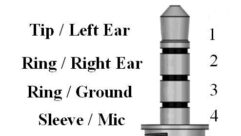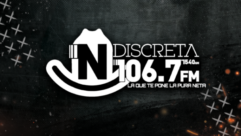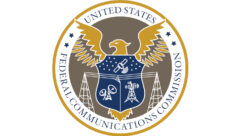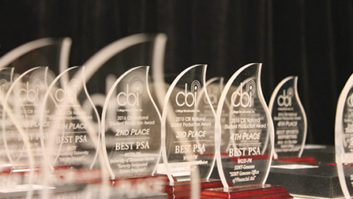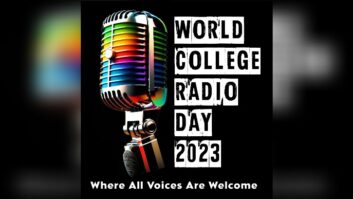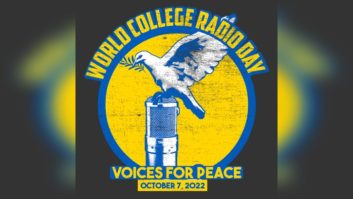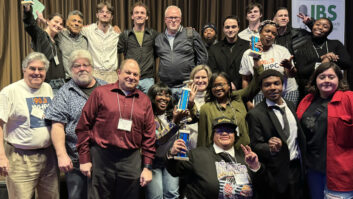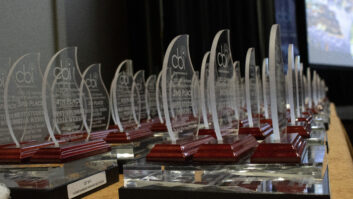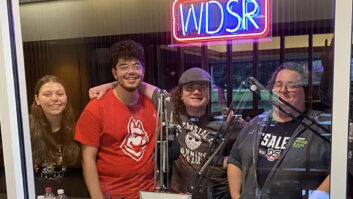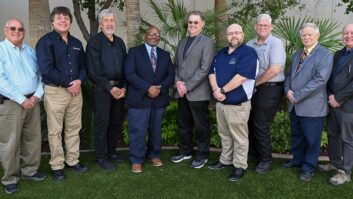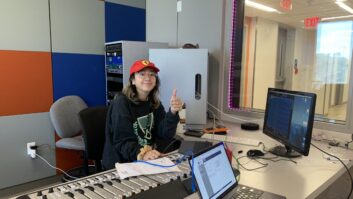Radio World’s Emily Reigart spoke with College Broadcasting Inc.’s President Greg Weston to find out what was discussed at the recent College Broadcasters Inc. conference in Atlanta.
What topic got the most response from attendees?
How the audience is consuming media is a big topic for everybody, and we had a lot of sessions geared toward that. With Carol Costello, we even got into how CNN and her job is impacted by social media.
What was the main point about new media and the future of radio?
If anything, college radio should be kind of at the forefront of being early adopters of new technology and being a little more open to that than maybe a more established company can be.
In the past, station sales were a huge concern. Did you talk about how to prevent them?
We had a really good panel on that, led by Rob Quicke, who is the founder of College Radio Day. And now there’s a High School Radio Day, and we had the founder of that, Pete Bowers from Michigan, also there.
Were there any other sessions that were representative of trends or concerns?
We had some people from KUSF at the University of San Francisco, and a couple of other people on a panel that was really well-received. They talked about some of the tips and importance of being a really a good member of the community; being very aware that you will be held accountable somewhere along the line if you’re not fulfilling your mission and you’re not on the same page as your licensee.
FCC regulatory changes always have a big impact on the industry. How did the CBI conference address that?
We brought in some of the really prevalent people in the legal and engineering communities to give updates on what’s going on with the potential LPFM filing window which could affect a lot of our stations that might be Web-only for instance or Class D still. Preparing for FCC inspections, license renewals, that’s something that for a large radio company is certainly old hat, but for a lot of our stations that don’t have full-time engineers or may be largely student-run or with just a college professor’s oversight this is new. So one of the things that the convention does that’s really valuable is giving them the chance to sit in the room with a consulting engineer or an FCC attorney, like David Oxenford. He was there this year, and so was Melodie Virtue, two leading communications attorneys.
As president of CBI, what was your takeaway?
A lot of these kids are 18 or 19 years old and just love radio and are really excited to go into the industry and to be on the air. There’s a lot of negativity in the industry and you think those people are not out there, but here are these young people who are radio junkies.
We did a lot of surveying to see how everything went, so we know what to improve upon for next year. There was not much we needed to improve upon. We had 95% of people say they would recommend it again to somebody new. The individual sessions were rated good or excellent over 90% of the time, so it was a big success, and we’re really looking forward to planning next year.

